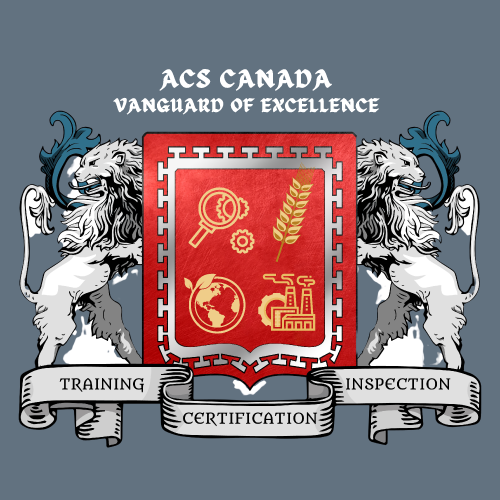ISO 30401 Knowledge Management System

ISO 30401 sets requirements and provides guidelines for establishing, implementing, maintaining, reviewing and improving an effective management system for knowledge management in organizations. All the requirements of this standard are applicable to any organization, regardless of its type or size, or the products and services it provides. This standard promotes Sustainable Development Goals No.4" Quality Education" and No.8"Decent Work and Economic Growth".
Knowledge management is the intentionally process of defining, structuring, retaining, and sharing an organization's employees' knowledge and experience. Organizations develop significant institutional knowledge as they evolve, expand into new areas, and define their business approach. This information is priceless to the company. It is critical to pass it on to new or less experienced employees in order to keep operations running smoothly.
Organizations can improve the efficiency of their practices by disseminating information and increasing the level of expertise held by specific individuals or teams using practical knowledge management. It frequently refers to training and learning within a company or among its customers. It entails a cycle of knowledge creation, sharing, structuring, and auditing to increase the effectiveness of an organization's collective expertise.
Knowledge Categories
When discussing knowledge management, it is beneficial to consider the various types of knowledge and how they can be shared within an organization. The topics covered by information knowledge management can be divided into three categories:
1. Explicit knowledge refers to knowledge and information that is easily codifiable and teachable, such as mathematical equations.
2. Implicit knowledge is knowledge that describes how to best apply explicit knowledge. Consider discussing a task with a more experienced coworker. They may provide specific instructions on how to complete the task. However, they may also use their understanding of the situation to consider various options and determine the best approach for your specific situation.
3. Tacit knowledge is acquired through experience. As a result, it is more intuitive and more difficult to share with others. "Know-hows," innovative thinking, and understanding body language are examples of tacit knowledge.
Training at ACS Canada
ACS employs accelerated learning methods to ensure a comprehensive grasp of all certificates. Our approach involves contextualizing your learning through a wide array of options, including classroom instruction, workshops, as well as interactive and online sessions.
Unfortunately, there are no courses available for this certificate in our current calendar. However, please feel free to reach out to us for updates and to explore potential future offerings for the course.

